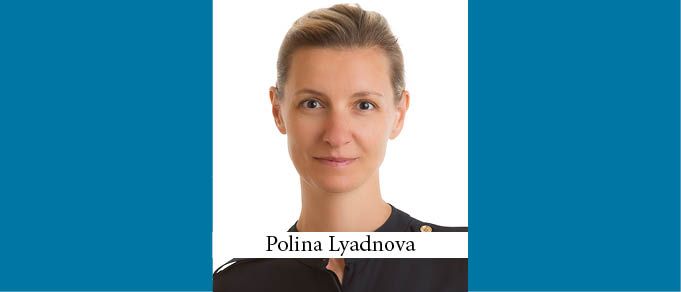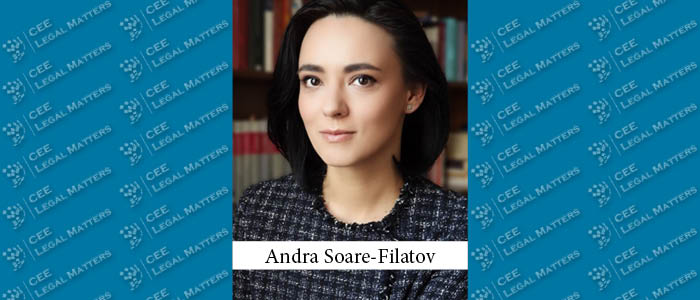Throughout my career, the only predictable feature of the Russian market has been its unpredictability. Given what has happened in Russia in the first months of 2018, it would appear that foretelling the future is not about to get any easier.
2017 Upturn
2017 was the best year for Russian equity for some time. IPOs alone netted Russian issuers approximately four times the amount they did in the year before. The market for follow-on equity issuances and block trades was also active in 2017.
High dividend yields helped to fuel investor demand for Russian equities. (In 2017, Russian companies paid some of the most generous dividends available.) High share prices also supported Russian issuers’ capital markets activities.
The Russian debt market built on its 2016 revival (a year in which Russian companies more than doubled their debt issuance over 2015). A number of market players successfully re-accessed or entered the debt capital markets – in certain cases tapping them more than once. Explorations of potential project financing, even though as usual slow and measured, recommenced, which suggests that the loan markets are returning to their pre-2014 state.
2018 Suspense
While 2018 started on a high note with aspirations for big ticket capital markets deals, both in equity and debt, as well as potential significant deals in the loan market, the first days of the second quarter shocked both the Russian and international markets. For the first time in history the U.S. government sanctioned companies with a significant global reach.
Even though the initial shock has disappeared, it is far from business as usual in the Russian business world. The Western players, even those that have been loyal to the Russian markets despite all the turmoil of the recent years, have been waiting out the situation, and many deals have either been put on hold or abandoned. The market seems to be slowly adjusting to the post-sanctions world, remaining extremely sensitive to every move of the U.S. administration and the Russian government’s reaction or threat thereof. The chilling (if not freezing) effect of the latest U.S. sanctions has spilled over the Russian border into the C.I.S. capital markets stalling or delaying various capital markets deals previously forecast to be launched in 2018.
Given the difficulties in accessing the more traditional markets, Russian issuers have continued to explore some interesting new sources of funding. Since 2014, the Russian government has sought to build stronger economic ties with China. This so-called “pivot to Asia” has already resulted in some significant Chinese investment into Russia. Though most of that investment has come in the form of off-market acquisitions, Russian companies may soon be able to count on Chinese participation in their capital markets transactions as well. Middle Eastern funds are also looking at potential investment opportunities not only in traditional natural resources industries, but also, more importantly, in infrastructure.
FinTech and initial coin offerings (ICOs) could also offer an opportunity. President Putin’s order in late 2017 that a legal framework be developed for ICOs puts Russia among the frontrunners in ICO regulation and could attract more issuers to the market. It will be interesting to see developments in the Russian legal framework for various FinTech concepts and whether Russian lawmakers can overcome the rigidity of the law enforcement bodies. In the absence of regulations, the Russian courts’ approach to cryptocurrencies culminated in a court decision excluding cryptocurrency from the insolvency estate (the decision was helpfully overturned, however, on the expectation that regulations will soon be coming into force).
As ever, the future for the Russian markets is anything but clear. Over the remaining months of 2018, much will of course turn on the political environment, which remains volatile. In such conditions, it is incredibly important to remain adaptable and nimble.
By Polina Lyadnova, Partner, Cleary Gottlieb Steen & Hamilton LLP
This Article was originally published in Issue 5.8 of the CEE Legal Matters Magazine. If you would like to receive a hard copy of the magazine, you can subscribe here.
























